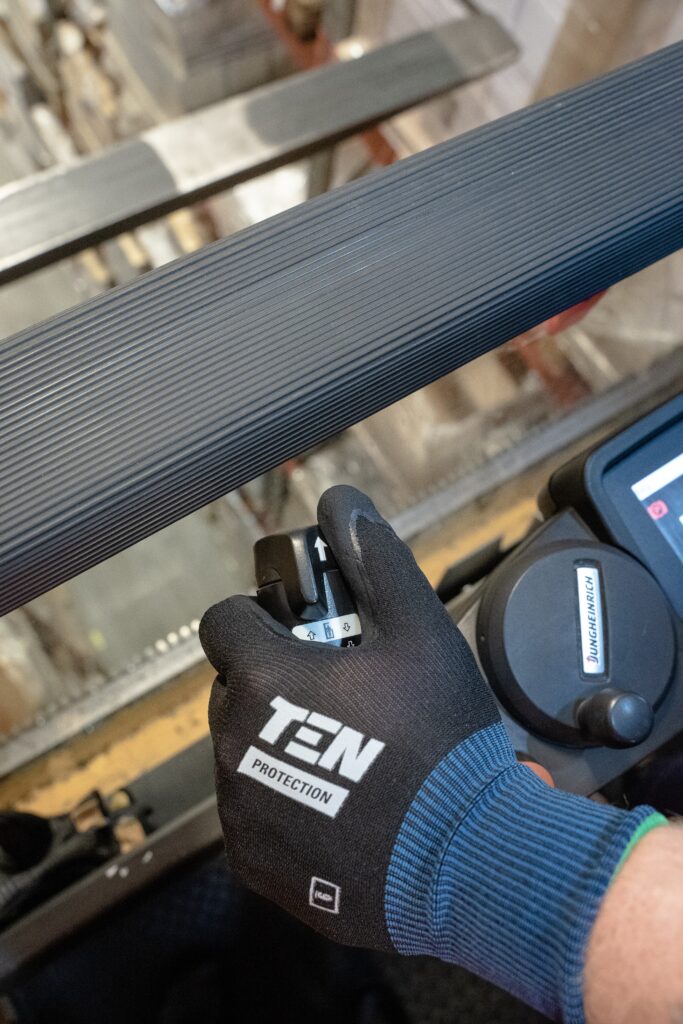You may be wondering if forklift batteries are long-lasting. You can follow your owner’s manual instructions to find out. You can also read reviews from other users about how long they lasted and how to maintain lithium-ion forklift batteries. You may also consider replacing your batteries once a year by visiting https://txmotive.com/product-category/batteries/. To prolong the life of your forklift battery, it is best to inspect it regularly.
Inspecting forklift batteries
Maintaining forklift batteries is essential to ensure they operate effectively and safely. Frequent inspections help prevent damage to the batteries and maximize their performance. Regular checks also improve the safety of employees. Battery replacement is expensive and time-consuming, so avoiding it increases the bottom line. Proper maintenance can also extend the battery’s life and prevent it from experiencing overheating or swollen cells.
Before starting the charging process, inspect the battery for mishandling and damage. Check for signs of tampering, such as damaged packaging from the delivery service. If the battery is packaged with caution, note these details on the bill of lading and contact the manufacturer immediately. If the battery is swollen or has low energy, you should adjust the charging rate to prevent this.
Cleaning forklift batteries
Clean forklift batteries regularly. The acid on top of batteries can cause a corrosive buildup and shorten their lifespan. Therefore, it’s best to clean the battery once every year with a baking soda and water solution. While this process should be done carefully, be sure to remove all battery components, including the battery’s lid and caps. Also, inspect the battery’s condition for any damage before cleaning it.
If possible, charge forklift batteries completely before storing them. It’s not recommended to charge batteries more frequently than once every day. Leaving them partially charged can damage the battery and reduce their life by 50%. Moreover, charging the batteries too early can cause hard sulfation, a chemical reaction that reduces capacity. When allowed to persist, this chemical reaction can reduce the battery’s lifespan by half.
We are maintaining lithium-ion forklift batteries.
The life of a lithium-ion forklift battery depends on several factors, including the type of battery used, the number of cycles it undergoes, and the maintenance it receives. Lead-acid batteries generally have a lifespan of 1,000 to 1,500 cycles, while lithium-ion forklift batteries can last for two to three times that amount. In addition, lithium-ion batteries tend to require less maintenance than lead-acid batteries and often come with a battery regulator.
While maintenance on standard forklift batteries can eat up a significant portion of a business’s profits, maintaining lithium-ion forklift batteries is a much simpler process. In addition, these batteries typically last four times longer than lead-acid batteries, which means that you can eliminate forklift battery maintenance from your long-term budget. Lithium-ion forklift batteries have numerous benefits, and they offer greater convenience than standard forklift batteries.
Inspecting lead-acid forklift batteries
There are several reasons to inspect a lead-acid forklift battery. First, the battery bars connect each cell, forming a complete circuit. Cracked or loose bars will reduce the battery’s operating time and can damage the cells inside. Additionally, the cabling size can vary greatly between forklift batteries, with higher-capacity ones having heavier-gauge cabling.
Inspecting lead-acid forklift batteries are crucial to keeping your forklift running smoothly. The fluid inside the battery comprises sulfuric acid and deionized water, which react with the lead-based plates. This acid stores energy in the form of DC electricity. Proper watering and equalization charge can extend the life of a battery by a significant amount.



